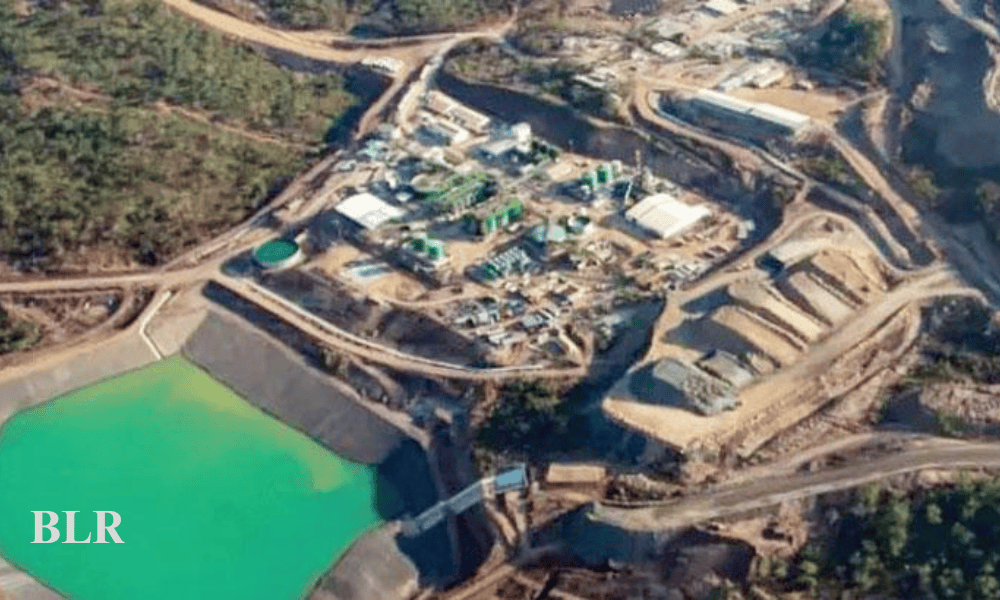Key Highlights
- Centaurus Metals secures a key mining authorization from Brazil’s Ministry of Mines and Energy (MME).
- Approval advances the company toward a final investment decision (FID) for its US$370 million Jaguar nickel sulphide project.
- The move comes amid global nickel price fluctuations and growing U.S.-China competition for strategic minerals.
Australian miner Centaurus Metals Ltd has received a critical authorization from Brazil’s Ministry of Mines and Energy (MME). This marks a major milestone in its plans to develop the Jaguar nickel sulphide project in Pará state.
The approval grants Centaurus the right to extract ore for commercial purposes, effectively positioning the company to advance toward a final investment decision (FID) on the US$370 million project. This development solidifies Jaguar as one of the most advanced nickel projects in Latin America and underscores Brazil’s growing importance in the global supply chain for battery and clean energy materials.
“Centaurus now has all necessary environmental and mining permits and approvals in place to commence construction of the Jaguar project,” the company said in a statement. “We are progressing well in strategic partnership discussions and offtake agreements that will underpin the project’s financing through a combination of debt and equity.”
Nickel Market Faces Global Headwinds
Centaurus’ progress comes during a volatile period for the Mining and Metals industry, as global nickel prices have dropped sharply following surging production in Indonesia, largely driven by Chinese investment.
The resulting market oversupply has added financial strain to new mining projects and heightened geopolitical uncertainty.
Nickel, a crucial component in electric vehicle batteries and stainless steel production, has become a key focus of the strategic rivalry between the United States and China.
Earlier this year, Anglo American divested its Brazilian nickel assets to MMG Singapore Resources, a subsidiary of Chinese state-owned MMG, in a deal valued at roughly US$500 million.
The transaction drew criticism from the American Iron and Steel Institute (AISI), which warned that it could give China “direct influence over a significant portion of global nickel reserves” and urged Washington to lobby Brazil against it.
Brazil Navigates U.S.-China Tensions
Despite mounting geopolitical pressure, experts believe Brazil is unlikely to intervene in such deals. “It’s very difficult for the Brazilian government to interfere in a transaction between two private entities,” said Tito Martins, former executive at Vale and Nexa, and senior consultant at Kaiau Consultoria.
China continues to be Brazil’s largest trading partner, followed by the United States, leaving the Latin American powerhouse balancing its relationships amid trade tensions and tariffs.
The recent U.S. decision to impose 50% tariffs on Brazilian exports has added further complexity to the diplomatic equation.
With its latest authorization secured, Centaurus Metals now stands poised to become a leading player in Latin America’s critical minerals landscape. Once operational, the Jaguar nickel sulphide project is expected to contribute significantly to Brazil’s role as a reliable supplier for the global clean energy transition.


